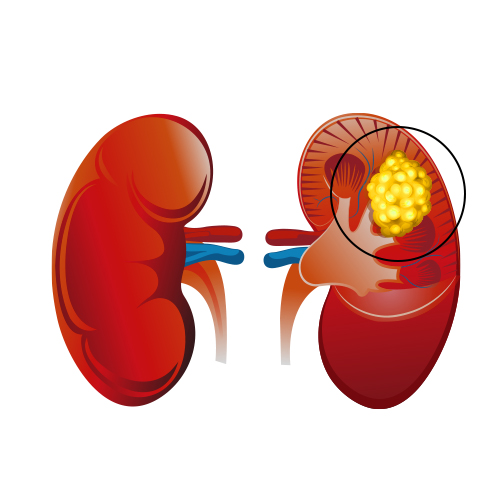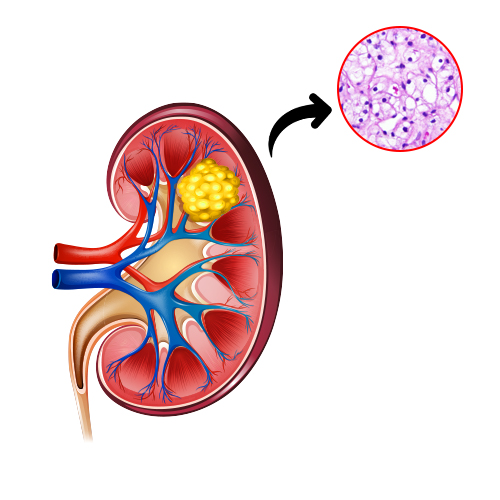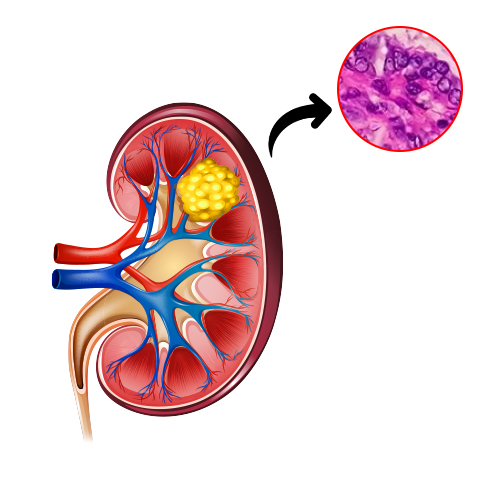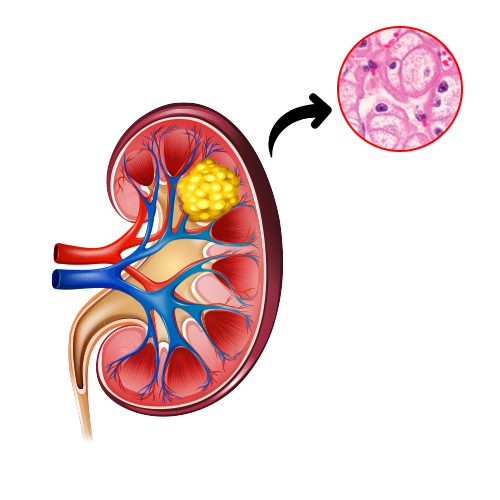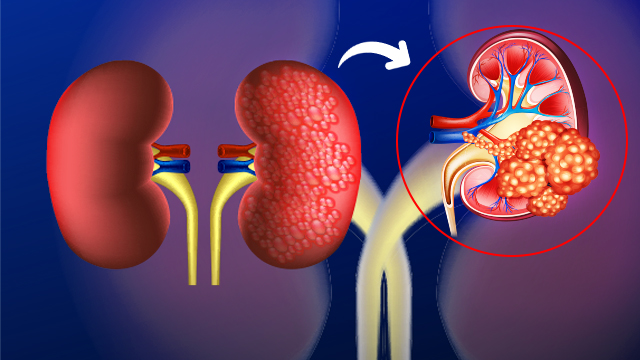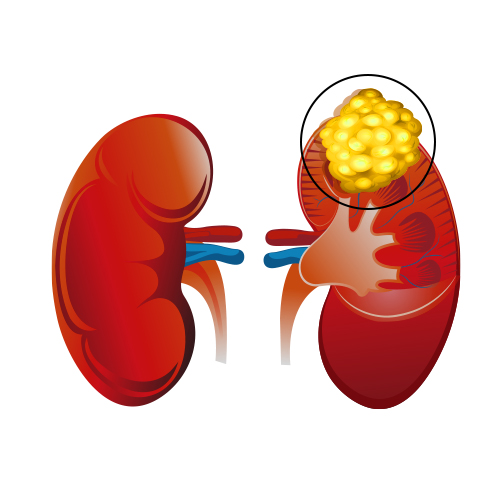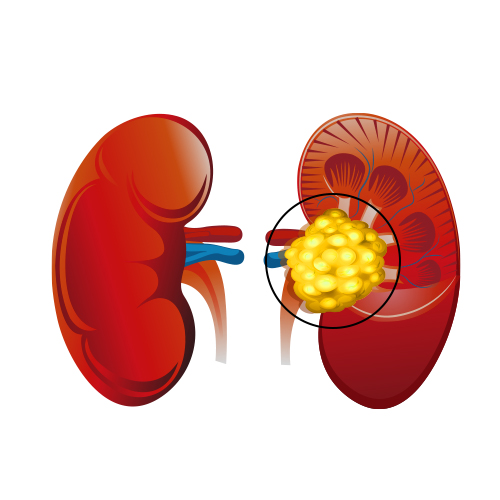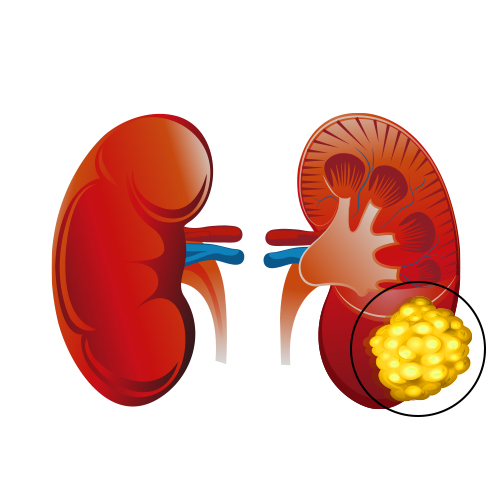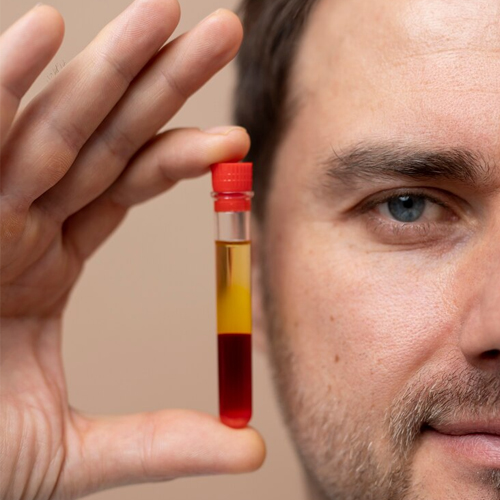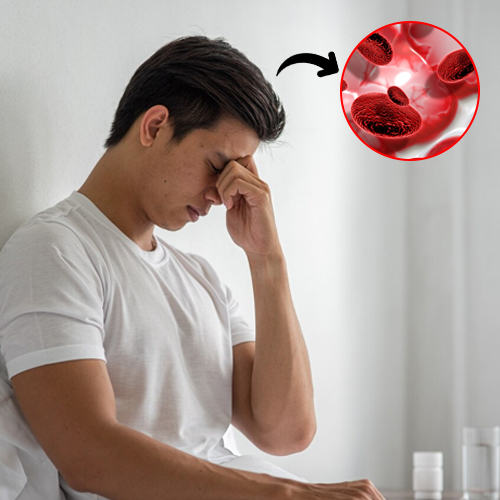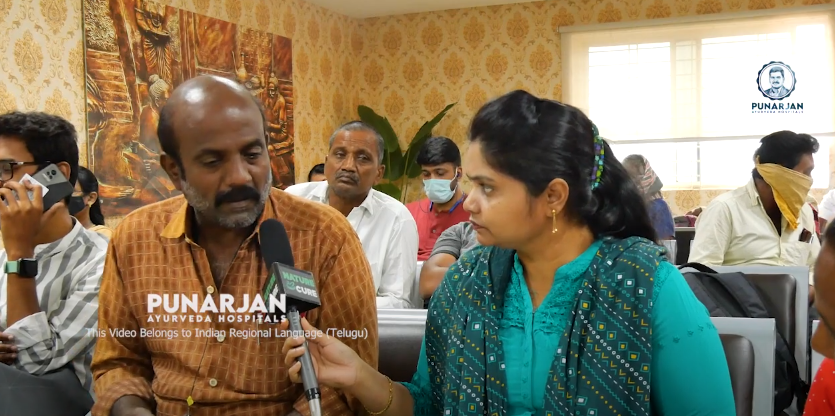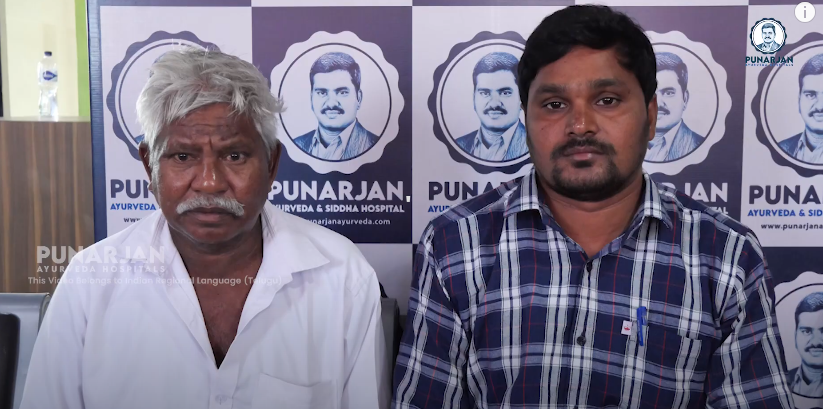Cancer staging is a way for doctors to locate where cancer is, how far it has spread, and if it has affected other parts of the body.
Doctors use tests to figure out the stage of cancer, which helps them decide on the best treatment and predict the chances of recovery. Different types of cancer have other stage descriptions.
The TNM system is a tool doctors use to determine the cancer stage. It comprises of three questions:
- Tumour (T): How big is the primary tumor, and where is it?
- Node (N): Has the tumor spread to nearby lymph nodes?
- Metastasis (M): Has the cancer spread to other body parts?
The answers to these questions determine the cancer stage. For kidney cancer, there are five stages: stage 0 and stages I through IV.
The stages of kidney cancer can be determined by combining T, N, and M classifications:
- Stage I: The tumor is small, confined to the kidney, and has not spread.
- Stage II: The tumor is more prominent but still confined to the kidney.
- Stage III: The cancer has spread to nearby lymph nodes or invaded surrounding tissues.
- Stage IV: The tumor has spread beyond the kidney or other organs.
Recurrent cancer means it has come back after treatment. In such cases, additional tests are performed to understand the extent of the tumor, similar to the initial diagnosis process.
